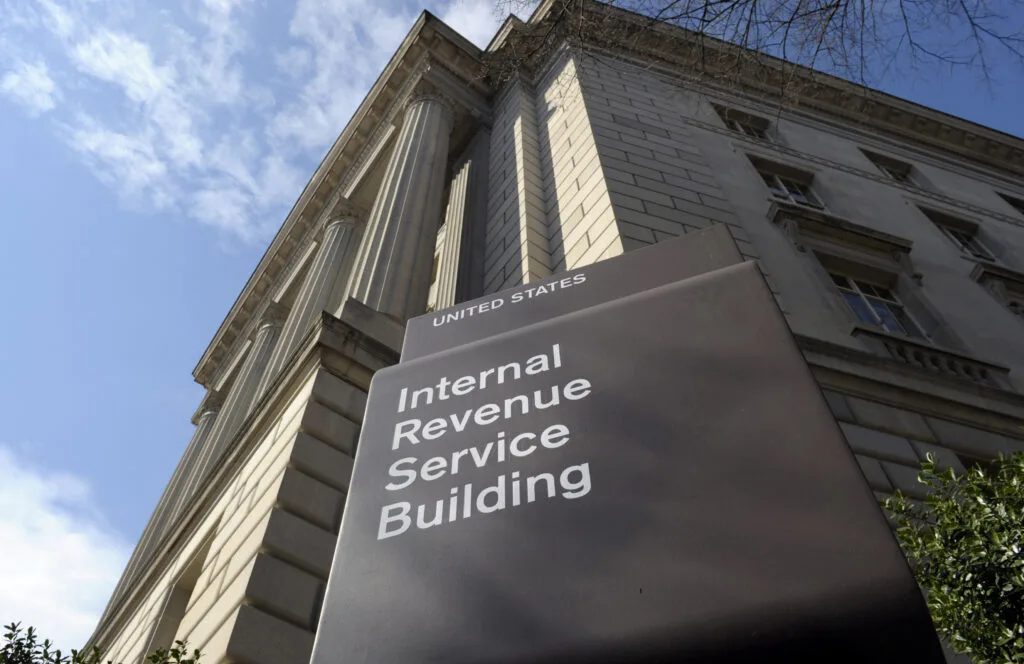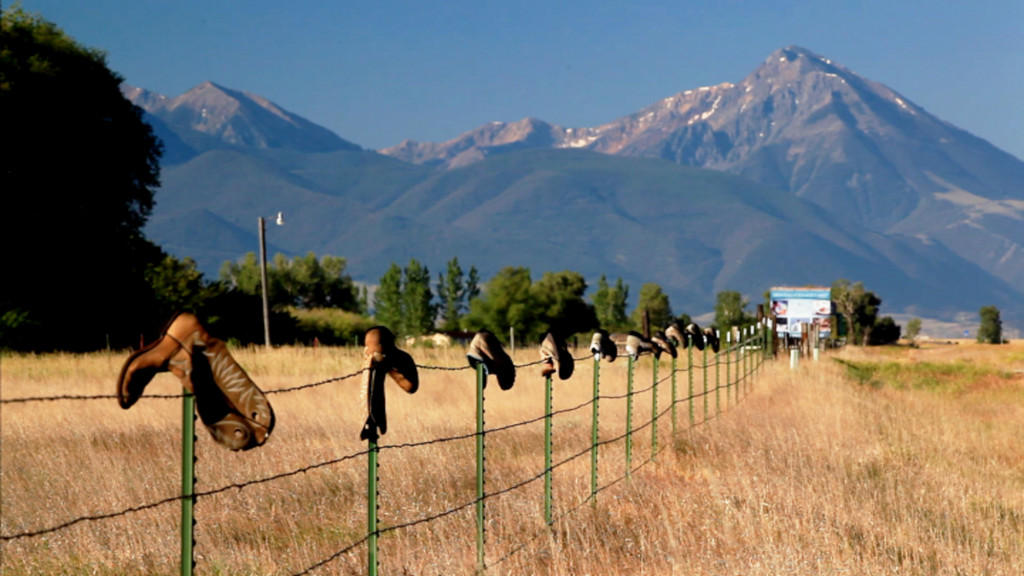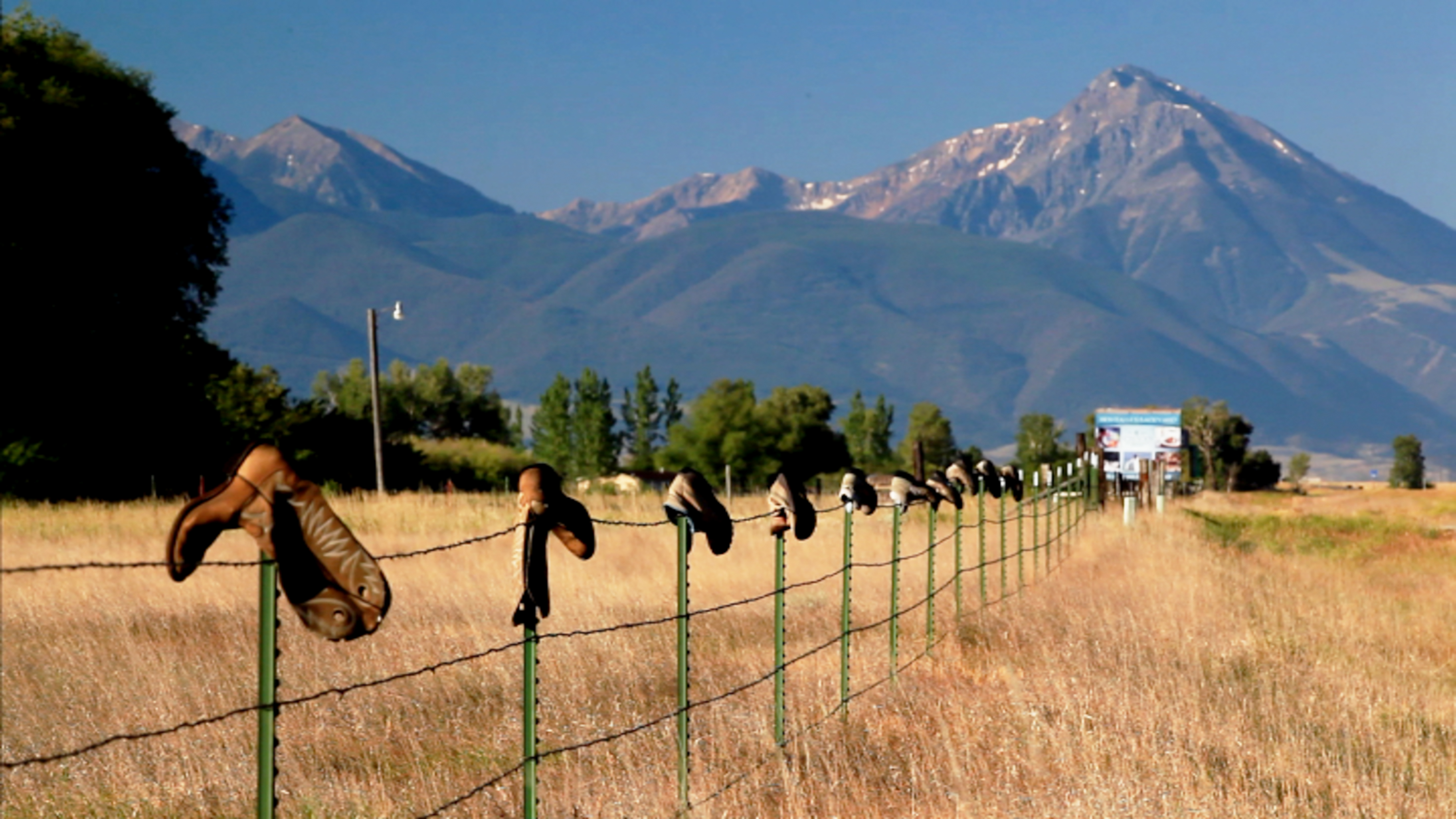Flashback: What Role Do 501(c)(4)s Play in Campaign Finance?

July 17, 2018
Share
The U.S. Department of the Treasury and the Internal Revenue Service have issued new guidance relaxing rules on what some tax-exempt groups must disclose to the IRS.
The guidance, released July 16, applies to organizations including 501(c)(4)s, a category of nonprofits that FRONTLINE and APM’s Marketplace reported on in the 2012 campaign finance documentary, Big Sky, Big Money — and that have been a focus of concerns over “dark money” in post-Citizens United politics. Previously, these groups were not required to report their donors publicly. Now, according to the guidance, they can keep their donors secret from the IRS as well.
“It is important to emphasize that this change will in no way limit transparency,” U.S. Treasury Secretary Steven Mnuchin said in a press release. “The same information about tax-exempt organizations that was previously available to the public will continue to be available, while private taxpayer information will be better protected.”
Nonprofit 501(c)(4) groups originally won their protected status because their primary, stated purpose is social welfare. But as the film from FRONTLINE and Marketplace explored, in the run-up to the 2012 election season, some of these groups took on a more prominent position in politics for their ability to fund a surge of ads while keeping their money trail hidden.
As FRONTLINE reported at the time, these nonprofits must report some of their activities to the FEC — including how much they spend on ads directly advocating for or against a candidate. But they’ve sometimes been able to avoid even that by arguing that their ads are instead focused on issues.
In this excerpt from Big Sky, Big Money, see why 501(c)(4)s became players in the political scene, follow correspondent Kai Ryssdal as he tries to track down the 501(c)(4) behind one ad in Montana — and learn about the “magic word test” that has sometimes been applied to determine whether an ad qualifies as an election ad or an issue ad.
For more on 501(c)(4)s, Citizens United, and campaign finance in the U.S., stream Big Sky, Big Money in full, for free, online on FRONTLINE’s website.

Related Documentaries
Latest Documentaries
Related Stories
Related Stories
Explore
Policies
Teacher Center
Funding for FRONTLINE is provided through the support of PBS viewers and by the Corporation for Public Broadcasting, with major support from Ford Foundation. Additional funding is provided the Abrams Foundation, Park Foundation, John D. and Catherine T. MacArthur Foundation, Heising-Simons Foundation, and the FRONTLINE Trust, with major support from Jon and Jo Ann Hagler on behalf of the Jon L. Hagler Foundation, and additional support from Koo and Patricia Yuen. FRONTLINE is a registered trademark of WGBH Educational Foundation. Web Site Copyright ©1995-2025 WGBH Educational Foundation. PBS is a 501(c)(3) not-for-profit organization.





















